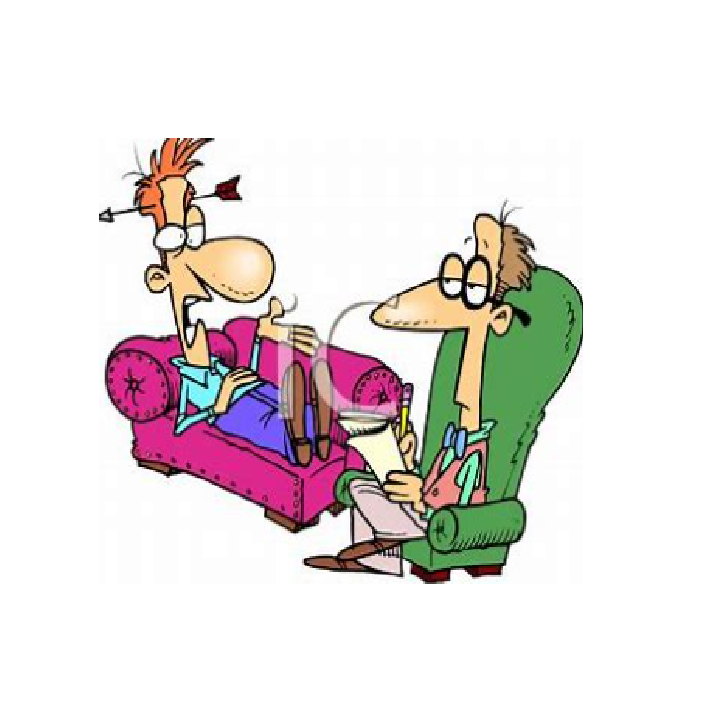HM Advocate v Kidd 1960 JC 61
Citation: HM Advocate v Kidd 1960 JC 61
Rule of thumb: How do you plead insanity in defence of a crime? It is very difficult – you need medical evidence to prove that you were of an ‘unsound mind’, but the threshold is very high.
Judgment:
The particular facts of this case are not of great importance but an important foundational point of criminal law was established. The Court stated the test for the finding of insanity. The Court held that there must be unsound mind caused by a mental defect which existed/exists in the mind to provide them with a total alienation of reason in some moments – mental illness/disease constituting psychosis rather than a mere psychiatric disorder which is the rung below this - the Court went on to state that there would be lots of medical test and words which developed this in more detail, but this was underlying test.
Ratio-decidendi:
"The question really is this, whether at the time of the offences charged the accused was of unsound mind. I do not think you should resolve this matter by inquiring into all the technical terms and ideas that the medical witnesses have put before you. Treat it broadly, and treat the question as being whether the accused was of sound or unsound mind. That question is primarily one of fact to be decided by you, but I have to give you these directions. First, in order to excuse a person from responsibility for his acts on the ground of insanity, there must have been an alienation of the reason in relation to the act committed. There must have been some mental defect, to use a broad neutral word, a mental defect, by which his reason was overpowered, and he was thereby rendered incapable of exerting his reason to control his conduct and reactions. If his reason was alienated in relation to the act committed, he was not responsible for that act, even although otherwise he may have been apparently quite rational. What is required is some alienation of the reason in relation to the act committed. … At one time, following English law, it was held in Scotland that if an accused did not know the nature and quality of the act committed, or if he did know it but did not know he was doing wrong, it was held that he was insane. That was the test, but that test has not been followed in Scotland in the most recent cases. Knowledge of the nature and quality of the act, and knowledge that he is doing wrong, may no doubt be an element, indeed are an element, in deciding whether a man is sane or insane, but they do not, in my view, afford a complete or perfect test of sanity. A man may know very well what he is doing, and may know that it is wrong, and he may none the less be insane. It may be that some lunatics do an act just because they know it is wrong. I direct you therefore that you should dispose of this question in accordance with the directions which I have given, which briefly are, that there must be alienation of reason in regard to the act committed, otherwise the question is one for you to decide whether the accused was at the time of sound or unsound mind’, Lord Strachan HM Advocate v Kidd 1960 JC 61- The particular facts of this case are not of great importance but an important foundational point of criminal law was established. The Court stated the test for the finding of insanity. The Court held that there must be unsound mind caused by a mental defect which existed/exists in the mind to provide them with a total alienation of reason in some moments – mental illness/disease constituting psychosis rather than a mere psychiatric disorder which is the rung below this - the Court went on to state that there would be lots of medical test and words which developed this in more detail, but this was underlying test, "I do not think you should resolve this matter by inquiring into all the technical terms and ideas that the medical witnesses have put before you. Treat it broadly, and treat the question as being whether the accused was of sound or unsound mind’, Lord Strachan.

Warning: This is not professional legal advice. This is not professional legal education advice. Please obtain professional guidance before embarking on any legal course of action. This is just an interpretation of a Judgment by persons of legal insight & varying levels of legal specialism, experience & expertise. Please read the Judgment yourself and form your own interpretation of it with professional assistance.

